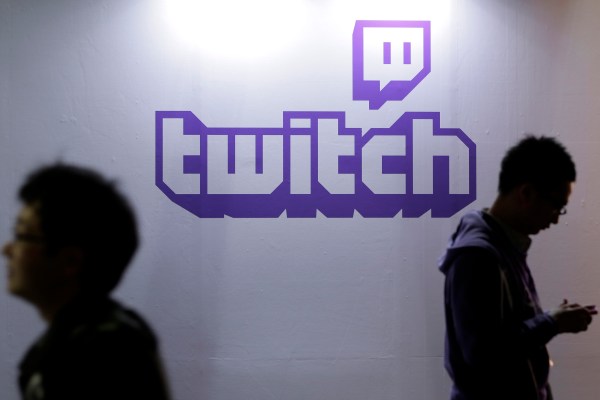Over the weekend, pirates made off with millions in potential YouTube revenues by hijacking the live-streams of its pay-per-view “boxing” match between YouTube celebrities Logan Paul and KSI and broadcasting them on the rival streaming platform Twitch.
The theft represents a pretty bold move in the continuing cat-and-mouse game between rival entertainment platforms Twitch (for live streaming) and YouTube (for pretty much everything else in the world of user-generated video). It also shouldn’t have come as a surprise.
For Twitch, the case of the pirated content is less a mystery worthy of the Hardy Boys and more a simple case of history repeating.
Back in the halcyon days of live-streaming, when Twitch was a young upstart service known as Justin.tv (and well before it was bought by Amazon), the service had already had several run-ins with the law over pirated content.
Basically, Twitch had a piracy problem before Twitch was even Twitch.
At the time, the company was able to ultimately duck its fight with UFC parent company Zuffa, using the platform argument that tech companies manage to use a shield against all sorts of criticisms (offering a platform for Nazism, insane conspiracy theories and serial harassment and abuse).
That was when the company was still a relatively small, independent business with arguably limited resources. Now that it’s owned by Amazon, there’s less of an argument to be made that the company lacks the tools to monitor the streams that it hosts.
Already, Twitch has come in for a fair share of criticism for its handling of the whole sordid business.
There’s no real protagonist in this story (I can’t find it in me to weep for YouTube and its lost revenue when it pulls in billions and hasn’t figured out a good way to moderate its own user base — including Paul), but it’s worth noting that Justin.tv’s pivot to focus on video game streaming came as it was looking to make itself more respectable to investors and possible acquirers.
“In the lead-up to the actual acquisition from Amazon, [Twitch] implemented a service that would look for copyrighted music and would remove audio files,” noted Will Partin, a doctoral candidate at the University of North Carolina, Chapel Hill on platform economics and a game reporter for a number of sites. “It did its rebrand around games in 2011 and has gotten gradually more permissive.”
The benefit of focusing on gaming, Partin noted, was that it’s a medium that’s far easier to moderate and control. As Twitch has diversified with Twitch Creative and Twitch IRL, it’s opening itself up to the same kind of problems with copyright infringement and abuse it suffered from nearly a decade ago.
As they’re currently written, DMCA laws offer little protection to copyright and license holders in the modern era of live-streaming content. “Twitch gets 24 hours to do a DMCA takedown. That’s beside the point when you’re doing a live stream,” Partin said.
In the case of the Paul fight, Twitch can’t even say that it didn’t know the streams were happening. As noted esports commentator Richard Lewis flagged on Twitter, there were Twitch employees watching and commenting in some of the pirated streams.
“There were clearly Twitch staff in the channel that were watching,” said Partin. “It brings up a tricky and challenging topic… it’s not enough just to blame Twitch, which is not to say that Twitch doesn’t share some of the blame.”
